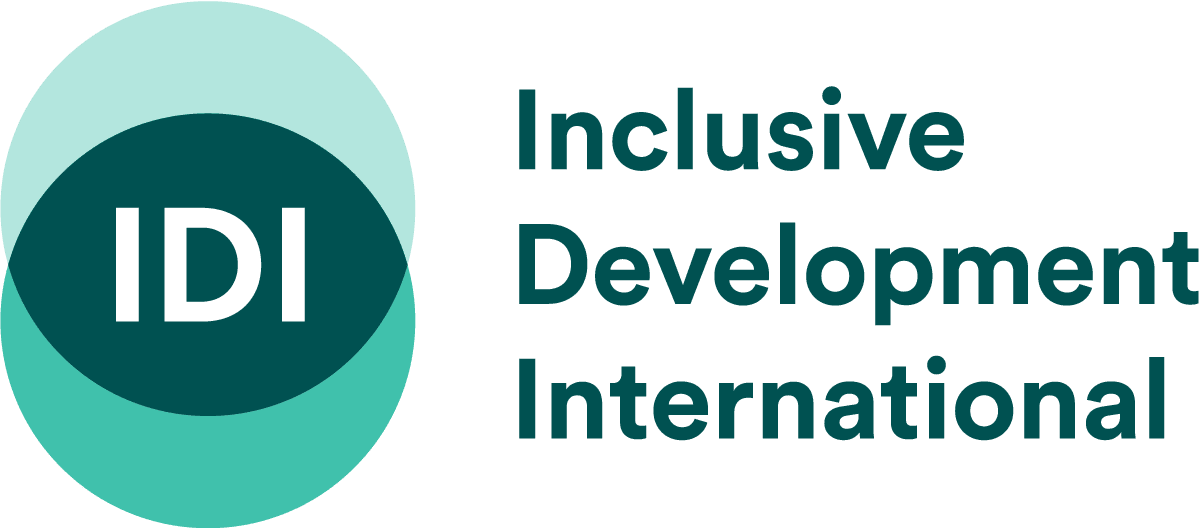Regulatory Authorities
A number of state institutions play a role in the approval and oversight of China’s overseas investment. The two key institutions responsible for regulating outbound investment by Chinese entities are the National Reform and Development Commission and the Ministry of Commerce. Other institutions are responsible for oversight of banks, insurers and state-owned enterprises, and various entities have played a role in developing guidelines for overseas investment.
These institutions are summarized below, and their policies and guidelines are covered in the Standards section.
National Development and Reform Commission (NDRC)
- NDRC is responsible for developing and implementing strategies related to national economic and social development.
- Investment projects in “sensitive” countries, regions or industries must first obtain approval from the NDRC as a pre-condition. Other projects need to file a record with the NDRC or its subnational departments.
Ministry of Commerce (MOFCOM)
- MOFCOM is responsible for formulating strategies, guidelines and policies for developing trade and international economic cooperation.
- Investment projects in “sensitive” countries, regions or industries must first obtain approval from the Ministry as a pre-condition. Other projects need to file a record with the MOFCOM or its subnational departments.
- Its Agency for International Economic Cooperation is responsible for implementation of foreign aid construction projects. This includes organizing public tendering for aid project contracts and inspection of projects.
- MOFCOM plays a supporting role in project monitoring, as well as emergency management. The Ministry also consults local embassies regarding project approval.
The Leading Group for Promoting the Belt and Road Initiative
- Established by the State Council, the operation office of the Leading Group is housed within the National Development and Reform Commission.
- Headed by a Vice Premier, the Leading Group is responsible for guiding the top-level vision of the Belt and Road Initiative and coordinating its implementation.
- Documents issued in 2022 indicate the Leading Group will play an increased role going forward in monitoring and guidance of the Initiative.
State-owned Asset Supervision & Administration Commission (SASAC)
- Under the management of the State Council, SASAC is responsible for oversight of state-owned enterprises.
- SASAC monitors outward investment by state-owned enterprises and can veto an investment if it is not in line with the relevant regulations and guidelines.
- SASAC has issued guidelines promoting improved corporate social responsibility by state-owned enterprises.
China International Development Cooperation Agency (CIDCA)
- CIDCA is responsible for formulating guidelines, country-specific plans and policies for foreign aid, coordinating and advising on foreign aid issues, and supervising and evaluating implementation of major projects.
China Banking and Insurance Regulatory Commission (CBIRC)
- CBIRC is responsible for developing the rules and regulations for the supervision of China’s banking and insurance institutions.
- The Commission has issued Green Credit Guidelines, which include provisions for Chinese banks’ overseas financing. It is now developing and expanding the system of Green Finance.
Ministry of Ecology and Environment (MEE)
- The Ministry of Ecology and Environment is responsible for domestic environmental protection issues. It has no formal approval or regulatory role for overseas investment.
- However, the Ministry has issued joint guidelines on overseas environmental performance of Chinese companies and guidance on environmental protection in Green Belt & Road cooperation.
Ministry of Agriculture and Rural Affairs
- The Ministry of Agriculture and Rural Affairs is responsible for domestic agriculture and rural economic development issues. It has no formal approval or regulatory role for overseas investment.
- However, the Ministry has supported guidelines on overseas agriculture projects, and published guidance on agriculture investment in Belt and Road cooperation.
State Forestry and Grasslands Administration
- The State Forestry and Grasslands Administration is responsible for domestic administration of China’s forestry. It has no formal approval or regulatory role for overseas investment.
- However, the Administration has issued guidelines on overseas forestry projects.
Local Chinese Embassies
- Embassies and their Economic and Commercial Offices (which are the overseas outposts of the Ministry of Commerce) help facilitate Chinese investment and supervise behavior of Chinese companies, and they play a supporting role in project monitoring as well as emergency management.
- Chinese companies operating abroad are required to register with local embassies or consulates.
- Embassies also play a role in monitoring aid projects and receiving requests for aid.
- Embassies’ role is largely supportive, so their actual influence on Chinese actors may vary from one place to another.
